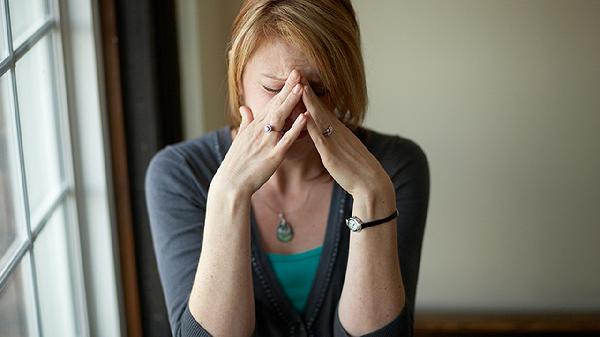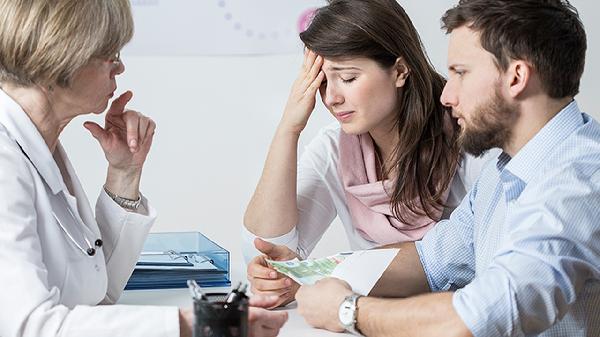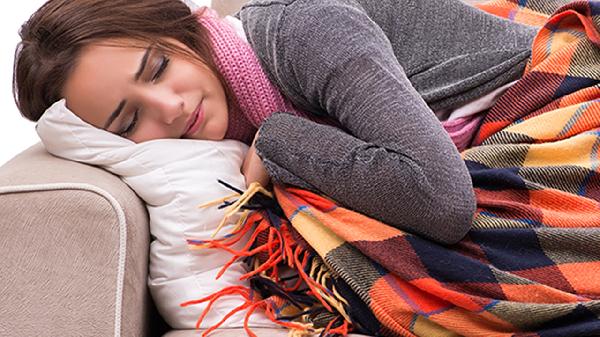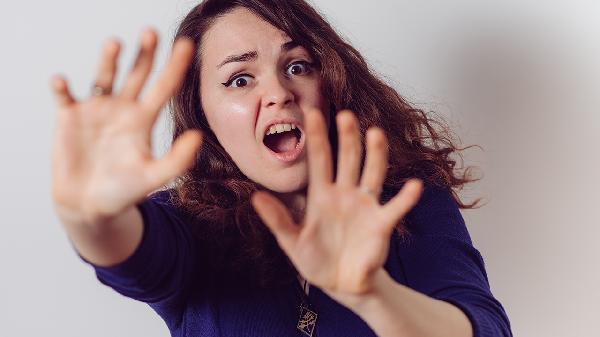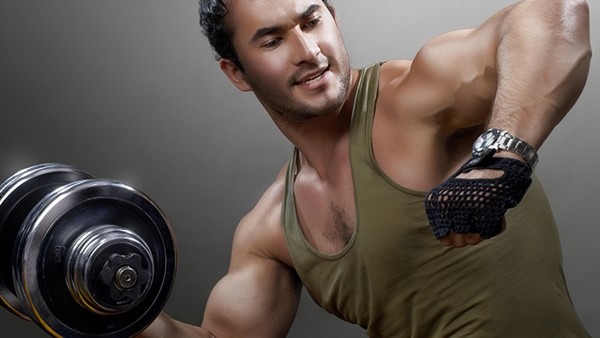Honesty may be a virtue, but we don’t all experience it the same way. For some, speaking openly about personal struggles is liberating—a way to break stigmas and foster connection. For others, it’s a risk that could cost them their safety, reputation, or even their livelihood. The reality is, radical honesty isn’t a level playing field. Privilege, identity, and systemic barriers shape who gets to speak freely and who stays silent.
The Privilege of Honesty
Dior Vargas, MPH, hits the nail on the head: "Honesty is something that carries a lot of privilege." Think about it—when a white celebrity opens up about mental health, they’re often praised as "brave." But when a person of color, especially a Black or Indigenous individual, does the same, they’re more likely to face stereotypes, discrimination, or even professional repercussions. The same goes for LGBTQ+ folks, disabled individuals, and other marginalized groups. Their honesty can be weaponized against them in ways that dominant groups rarely experience. This isn’t just about personal courage; it’s about who society deems "worthy" of empathy and support.
The Double Standard in Substance Abuse
Take substance abuse, for example. When a wealthy executive admits to struggling with alcohol, they might get a sympathetic nod and a referral to a luxury rehab center. But when a low-income person does the same, they risk losing custody of their kids, their job, or worse—ending up criminalized instead of treated. The system isn’t just unequal; it’s actively punitive depending on who you are. This is why some communities develop coded language or keep struggles private. It’s not dishonesty—it’s survival.
Mental Health and the Myth of "Safe Spaces"
Even in mental health advocacy, the idea of "safe spaces" can be misleading. For many, therapy and support groups aren’t truly safe if disclosing certain truths could lead to involuntary hospitalization, deportation, or family rejection. A queer teen talking about suicidal thoughts might fear being outed. An undocumented immigrant might avoid discussing depression because they don’t trust systems tied to government agencies. Honesty requires trust, and trust requires safety—something not everyone has access to.
Sex, Shame, and Societal Hypocrisy
Then there’s sex. Women and femmes are shamed for being too open or not open enough. Sex workers face legal and social consequences for discussing their work honestly. Meanwhile, men—especially white, cisgender men—are often given a free pass to brag about conquests without the same scrutiny. The stakes are even higher for trans folks, whose honesty about their bodies or identities can lead to violence. The message is clear: Some truths are only "acceptable" from certain people.
The Cost of Silence vs. the Risk of Speaking
So what’s the solution? It’s not about telling marginalized people to "just be honest." It’s about dismantling the systems that make honesty dangerous for them. That means advocating for policies that protect vulnerable communities, calling out double standards in media, and creating truly inclusive support networks. It also means listening—without judgment—when someone chooses to share, and respecting when they don’t. Radical honesty shouldn’t be a one-size-fits-all demand; it should be a collective effort to make the world safer for truth-tellers.
At the end of the day, honesty isn’t just about individual morality. It’s about who gets to be human without punishment. Until we address that, "speaking your truth" will remain a privilege, not a given.
